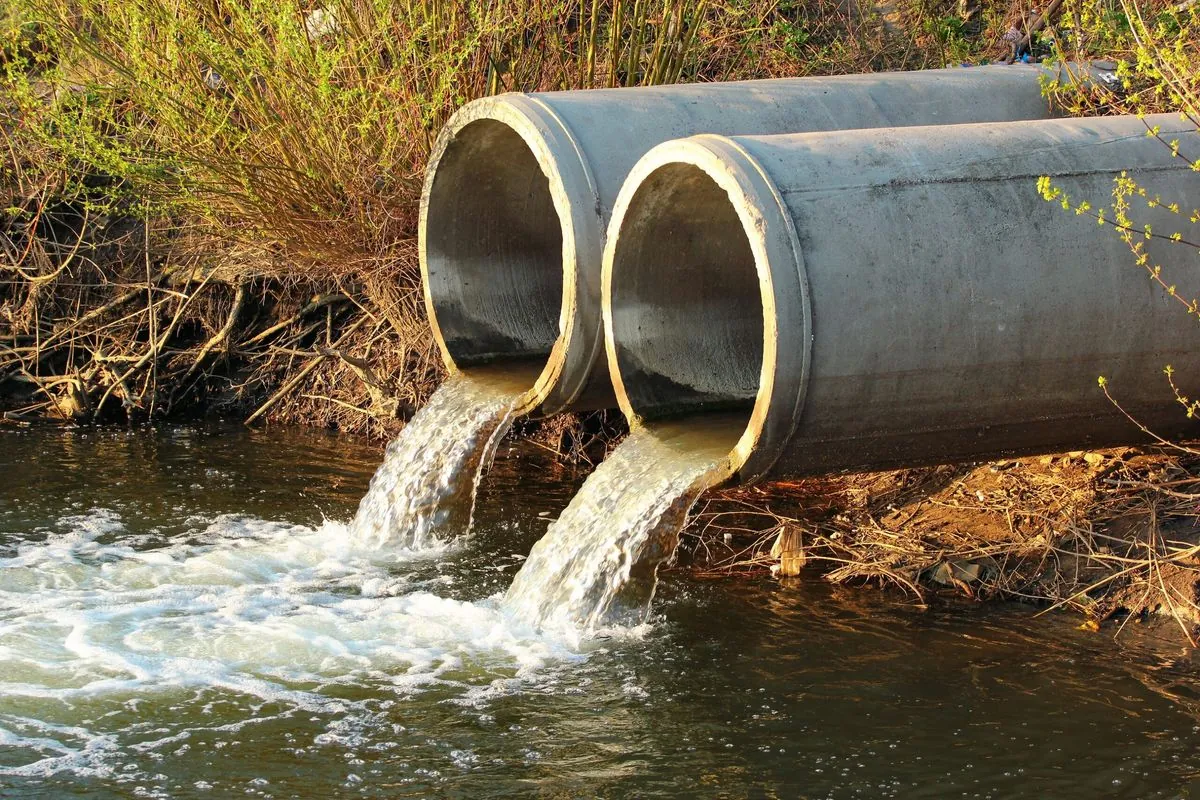UK Water Bill Targets Executives Amid Rising Sewage Pollution Concerns
New legislation aims to hold water company executives accountable for pollution. Critics question effectiveness, citing existing unenforced laws and underlying infrastructure issues.

The UK government has introduced new legislation aimed at addressing the growing concern over water pollution in the country's rivers and beaches. The Water Bill proposes stringent measures to hold water company executives accountable for sewage discharges and environmental breaches.
Under the proposed law, Steve Reed, the Environment Secretary, stated that executives could face imprisonment if their companies fail to cooperate with regulatory investigations. The bill also includes provisions to block bonuses for executives if environmental or consumer standards are not met, along with "severe and automatic" fines for violations.
This legislative move comes in response to a significant increase in sewage spills. In the previous year, a record 477,000 incidents were reported, highlighting the severity of the issue. One notable example occurred at Windermere, England's largest lake, where untreated sewage was discharged for eight consecutive days.

The root causes of this problem are complex. The UK's rapidly growing population, partly due to immigration, has put immense pressure on aging infrastructure. Feargal Sharkey, a former pop star turned environmental campaigner, pointed out that existing laws already provide for prosecution, yet no one has been held accountable.
"The laws already existed and yet no one had ever been prosecuted."
Critics argue that the government's approach is performative rather than addressing underlying issues. While targeting unpopular water companies, the legislation fails to tackle the fundamental problems of infrastructure investment and modernization.
The UK water industry, privatized in 1989, has invested £160 billion in infrastructure over three decades. However, with some pipes dating back to the Victorian era, the system struggles to cope with modern demands. The average UK household uses about 330 liters of water daily, putting additional strain on the network.
The Environment Agency, responsible for regulating water quality in England, faces the challenge of monitoring approximately 21,000 combined sewer overflows. These systems, designed to prevent sewage from backing up into homes during heavy rainfall, often discharge into natural water bodies when overwhelmed.
While the government claims the new bill will "swiftly deliver" on its manifesto promise to clean up waterways, skepticism remains. The effectiveness of these measures in addressing the complex issues of population growth, aging infrastructure, and the need for substantial investment is yet to be seen.
As the debate continues, the UK's water quality remains a pressing concern. The government's 25 Year Environment Plan aims to improve water quality and reduce pollution, aligning with standards set by the EU Water Framework Directive. However, the success of these efforts will depend on comprehensive action beyond punitive measures for executives.


































